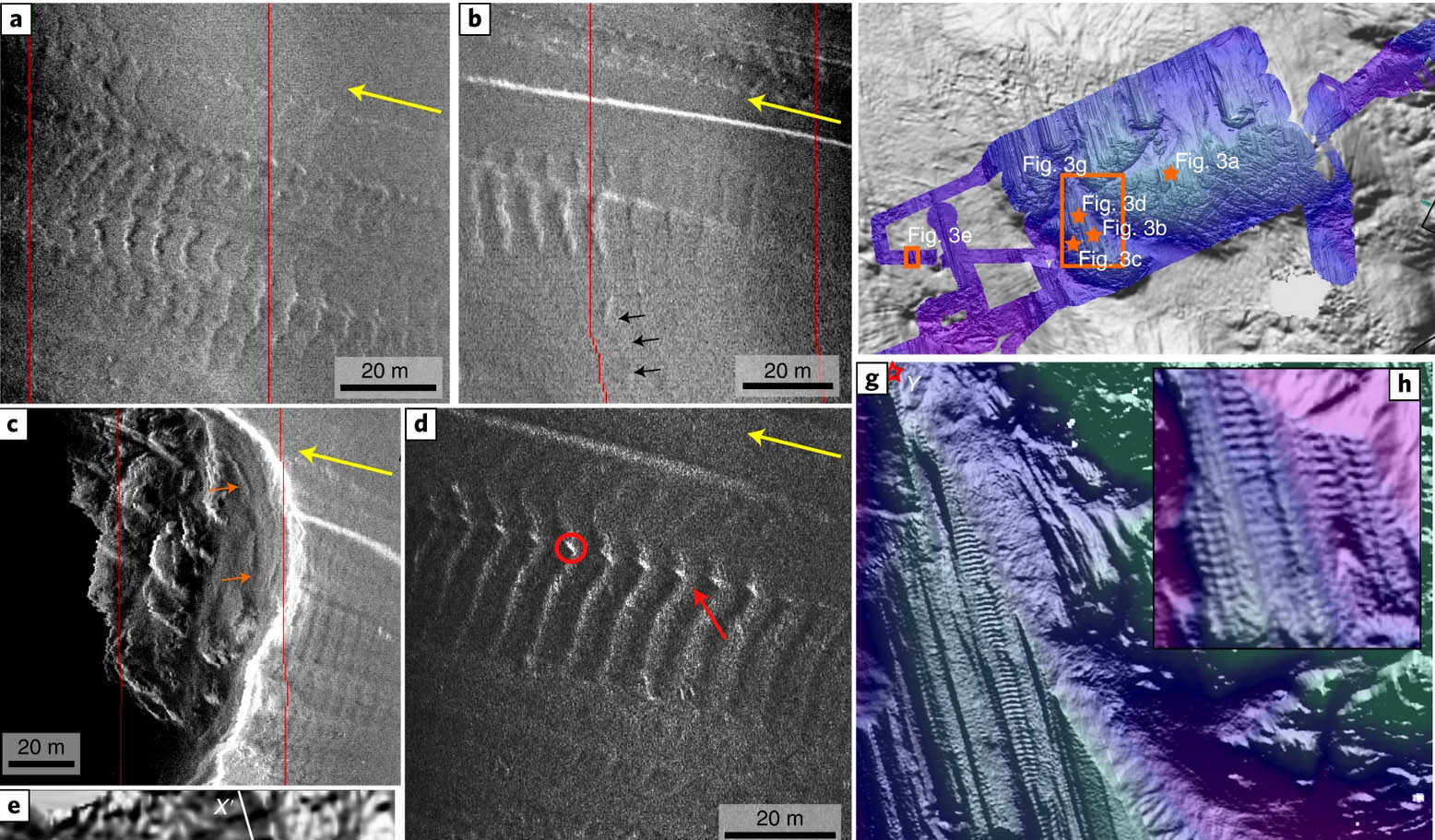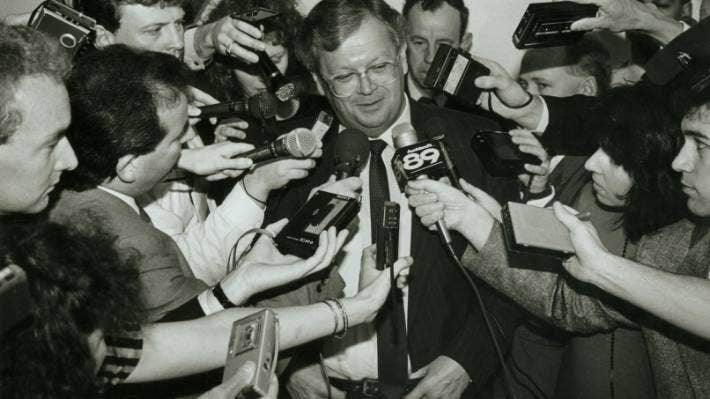 By Mery Mogollon and Chris Kraul
By Mery Mogollon and Chris Kraul
Los Angeles Times (MCT)
CARACAS, Venezuela – Despite a strong showing by opposition candidates, President Hugo Chavez’s supporters maintained control of Venezuela’s congress in national elections, according to preliminary results released Monday. Chavez supporters won at least 96 of 165 seats in the election Sunday, compared to at least 61 seats won by opposition candidates with the Democratic Unity Table coalition, based on partial results from the National Electoral Council.
A splinter socialist party called the PPT won at least 2 seats, while six seats remained undetermined. The results, if confirmed when final tallies become available, will have left Chavez without the two-thirds congressional majority he has enjoyed in recent years that gave his government automatic approval of proposals.
Both sides displayed mixed reactions to the partial results, with some declaring victory while others showed disappointment. Chavez reportedly said his United Socialist Party of Venezuela, or PSUV, won an “ample majority.”
Ramon Guillermo Aveledo, a spokesman for the opposition group, said the results mean Chavez will have to negotiate on key issues. Chavez would keep an assembly majority even if his candidates lose in total votes thanks to an electoral reform law passed last year that redrew districts, giving more representation per capita in states where Chavez support is strong.
Several analysts said the vote reflected the depth of Venezuelans’ dissatisfaction with Chavez, who many blame for rising crime, scarcities of food, recurring power blackouts and interruption of water service.
“There have been so many things that have gone wrong in Chavez’s government lately that we knew the election might go against him,” said Caracas-based political consultant Maruja Tarre, who advises several multinational companies. “But they showed how high the anger is, even among poor constituents who in the past supported him.
” The two highest vote getters nationwide Sunday were opposition candidates, Maria Corina Machado and Enrique Mendoza, longtime Chavez critics who were elected to represent Miranda state and who each ran under the Democratic Unity Table, an umbrella group of Chavez opponents. At a news conference in Caracas Monday, Machado said her victory was evidence of voters’ rejection of “Cuban-style communism.”
Both Machado and Mendoza are already being talked about as potential presidential candidates two years from now. Chavez has indicated he will run for re-election.
“The elections reveal that Chavez is highly vulnerable in 2012. The deterioration in the country’s security and economic situation has hit Chavez’s own constituency – the very poor – the hardest,” said Michael Shifter, director of Washington-based Inter-American Dialogue. “Now the opposition is back in the political game, and appears to be more united than they were in the past.”
In what was widely criticized as a glaring political misstep, Chavez opponents boycotted the 2005 congressional elections, thus ceding near 100 percent control to Chavez’s allies. Chavez, who took office in 1999, used that control to solidify control of other branches of government, including the judiciary and the electoral council.






